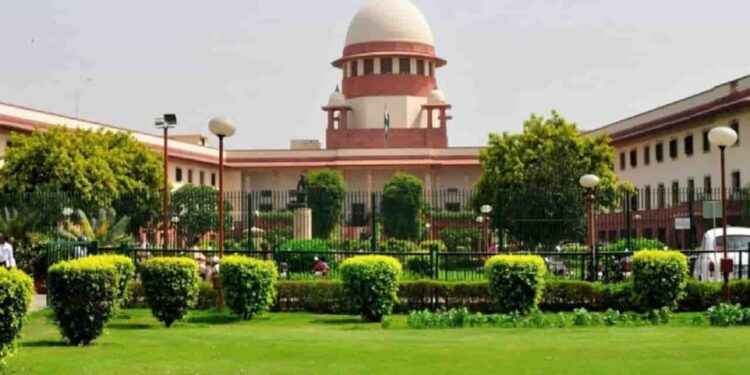The Supreme Court of India has issued an interim order directing a status quo on evictions and demolitions in Uriamghat and adjoining villages of Golaghat District, Assam. The order was passed by a bench comprising Justices PS Narasimha and Atul S Chandurkar while hearing a petition challenging the Gauhati High Court’s judgment, which had upheld the eviction actions initiated by the state authorities.
The petitioners, claiming to be long-settled residents of the villages—some for over seven decades—argued that the eviction process lacked due process, rehabilitation measures, or a settlement inquiry as required under the Assam Forest Regulation, 1891, and the Forest Rights Act, 2006. They further contended that the authorities’ actions violated their fundamental rights under Articles 14, 19, 21, 25, and 300-A of the Indian Constitution, as well as provisions of the Right to Fair Compensation and Transparency in Land Acquisition, Rehabilitation and Resettlement Act, 2013, and the Assam Rules of 2015.
In July 2025, the respondent-authorities issued eviction notices under the Assam Forest Regulation, 1891, declaring the villages part of the Doyang and South Nambar Reserved Forests and giving residents just seven days to vacate. The petitioners, who claim state recognition through electricity connections, ration cards, and electoral roll enrolment, challenged the notices in the Gauhati High Court. However, a Single Bench ruled in favor of the authorities, labeling the petitioners as trespassers.
The Supreme Court’s order also issued a notice on the petition, citing its earlier directions in In Re: Directions in the matter of demolition of structures, which mandate prior notice, an opportunity for a hearing, and proper rehabilitation before any eviction. The court’s intervention has brought temporary relief to the residents, halting the eviction process pending further hearings.





